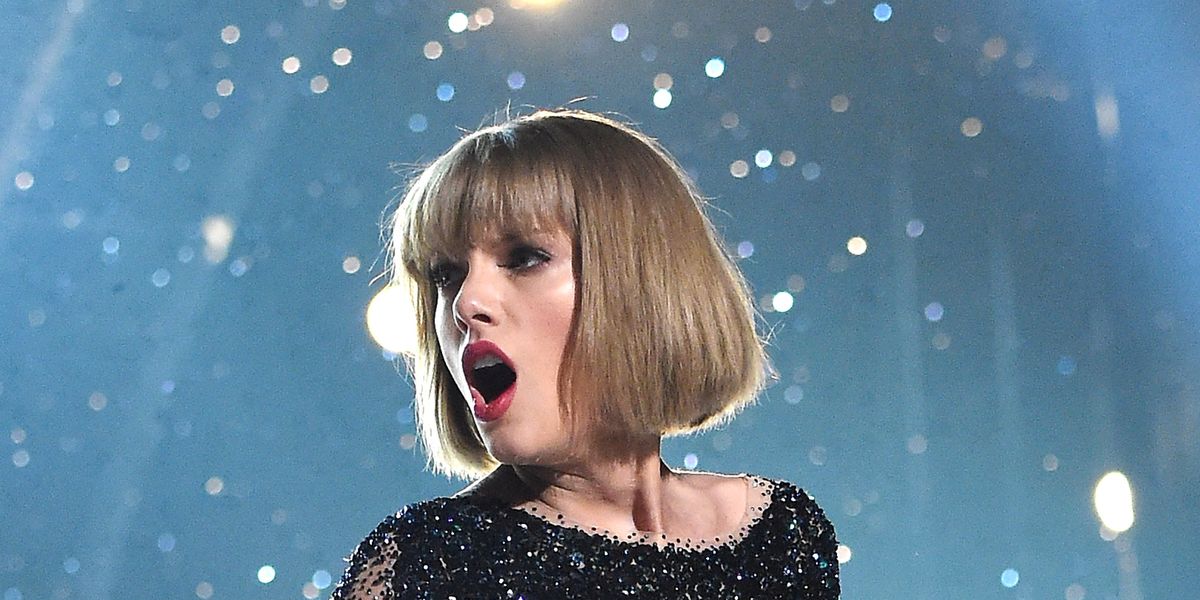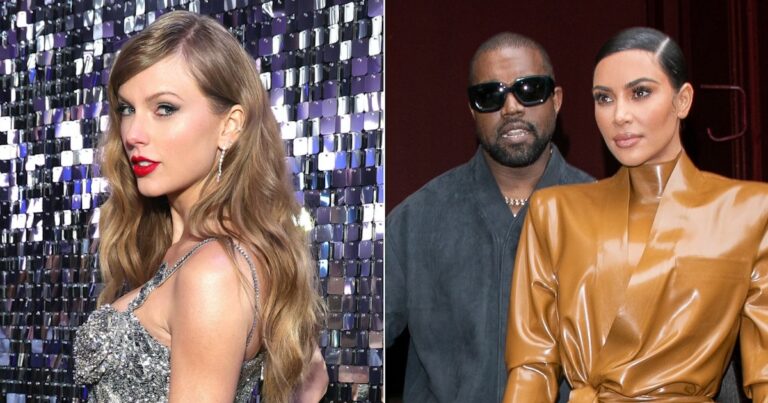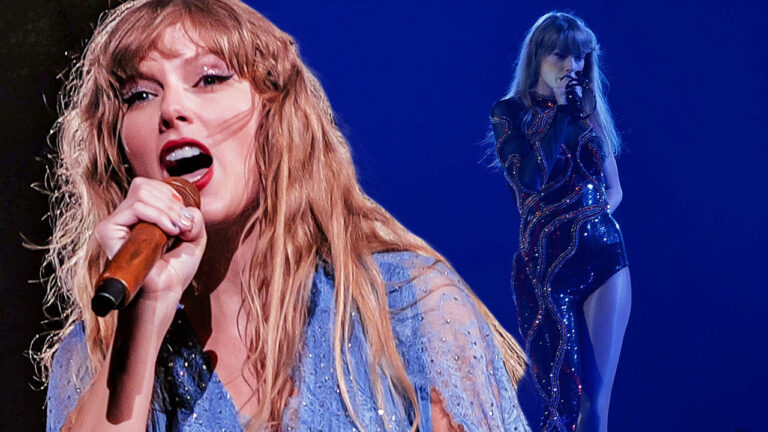Unlock the Power: Taylor Swift fights back against online abuse on Instagram
Unleashing the Power to Fight Back: Taylor Swift Granted Control Over Online Abuse
Amidst a tumultuous week of revelations, digs, and shade thrown her way, Taylor Swift emerges with a newfound tool in her arsenal to combat the flood of negativity inundating her online presence. Kim Kardashian West recently incited a social media uproar, prompting fans to inundate Swift’s Instagram comments with snake emojis, marking a bizarre celebration on National Snake Day. However, recent reports suggest that Instagram has enabled Swift and her team to proactively block or delete abusive comments, signaling a new era of control over her digital narrative.
The music industry luminary, together with other high-profile celebrities, has been at the receiving end of relentless online abuse, prompting social media platforms to explore innovative ways of safeguarding their prominent users from the perils of internet trolls. Instagram’s efforts to combat spammy or inappropriate comments align with Swift’s recent empowerment, allowing her to curate a more positive virtual environment for her followers.
Moreover, this novel tool could serve as a crucial mechanism in safeguarding the mental health and well-being of celebrities who regularly face vitriolic online attacks. The potential expansion of this feature to other notable figures underscores a commitment to fostering a safer and more inclusive online community.
Amid the backdrop of escalating tensions with fellow musicians like Calvin Harris and Katy Perry, Swift has been embroiled in controversies surrounding her alleged involvement in the songwriting process for Calvin’s chart-topping hit ‘This Is What You Came For’. The revelation of her co-writing role under the pseudonym Nils Sjöberg sparked a series of public disputes, exacerbating an already contentious climate within the industry.
Furthermore, Kim Kardashian West’s release of videos purportedly showcasing Swift’s prior approval of Kanye West’s controversial track ‘Famous’ added fuel to the fire, painting the pop sensation in an unfavorable light. Swift’s subsequent expression of feeling misrepresented and uninformed underlines the challenges of navigating public scrutiny and misinformation in the digital age.
As a consequence of these controversies, Swift has faced a barrage of online attacks, including vandalism of her Wikipedia page, accusations of dishonesty, and mockery in the form of murals depicting her career’s demise. The onslaught of negative comments, coupled with the inundation of snake and rat emojis across her social media platforms, underscores the urgent need for enhanced mechanisms to combat cyberbullying and harassment.
In conclusion, Taylor Swift’s newfound authority over her digital domain marks a pivotal moment in the ongoing battle against online abuse and misinformation. By granting celebrities greater control over their virtual presence, social media platforms take a step towards cultivating a more respectful and supportive online environment for users worldwide.







